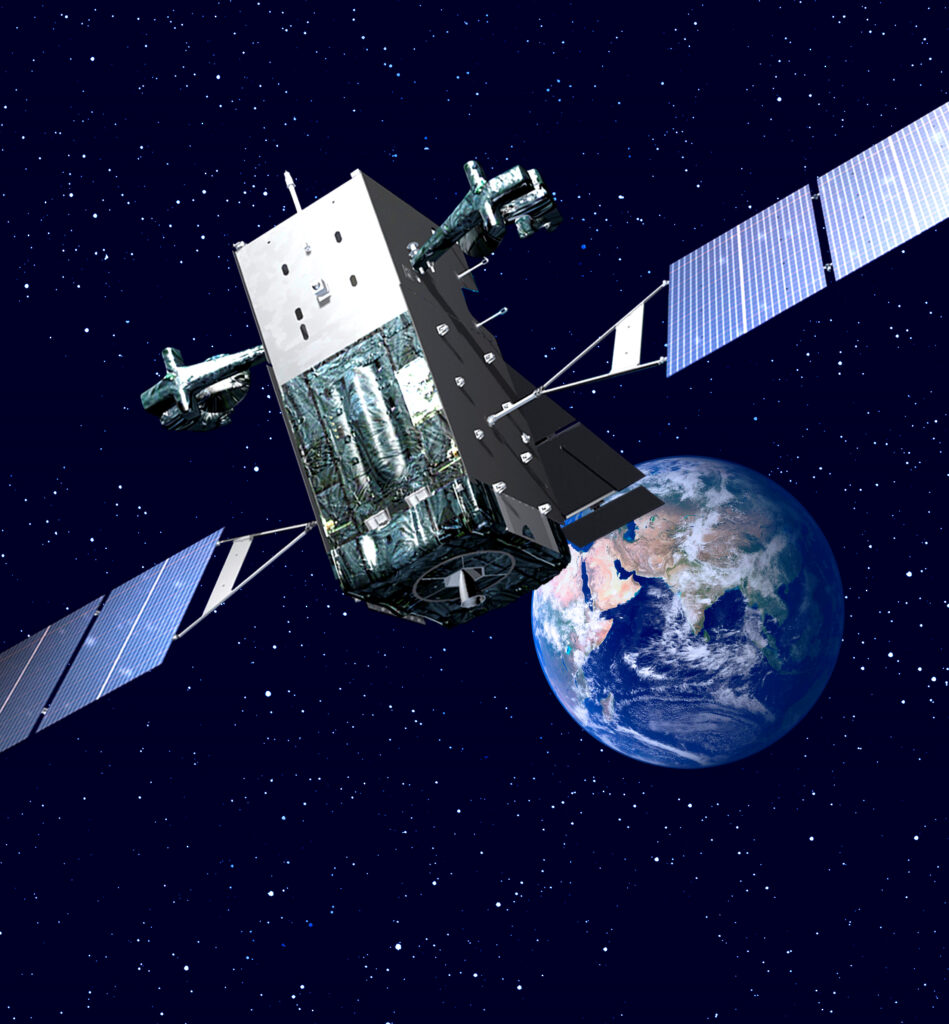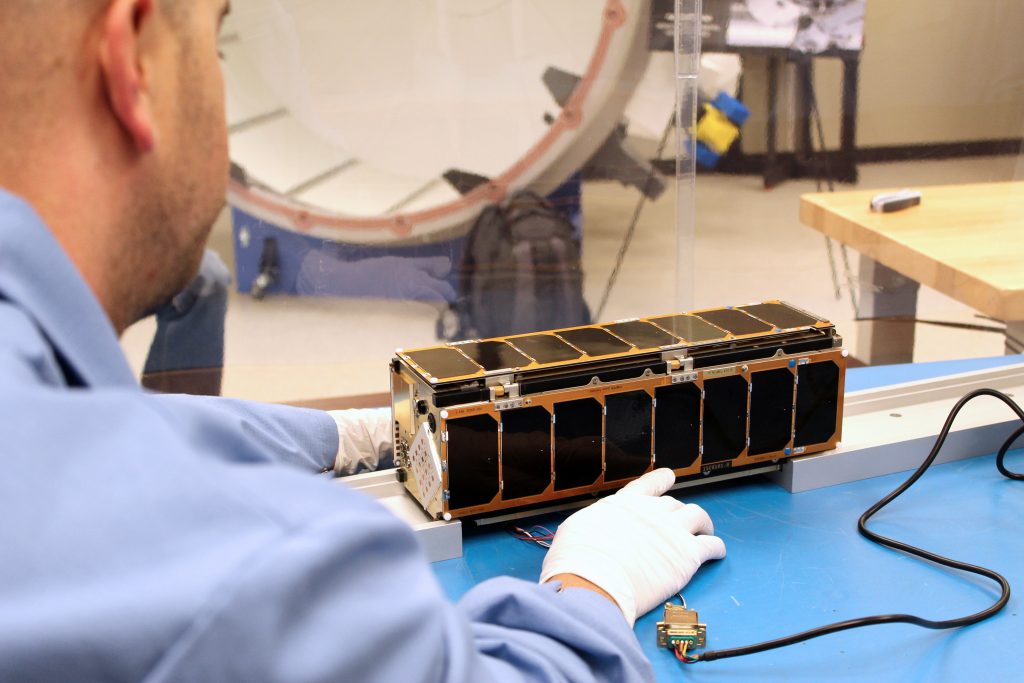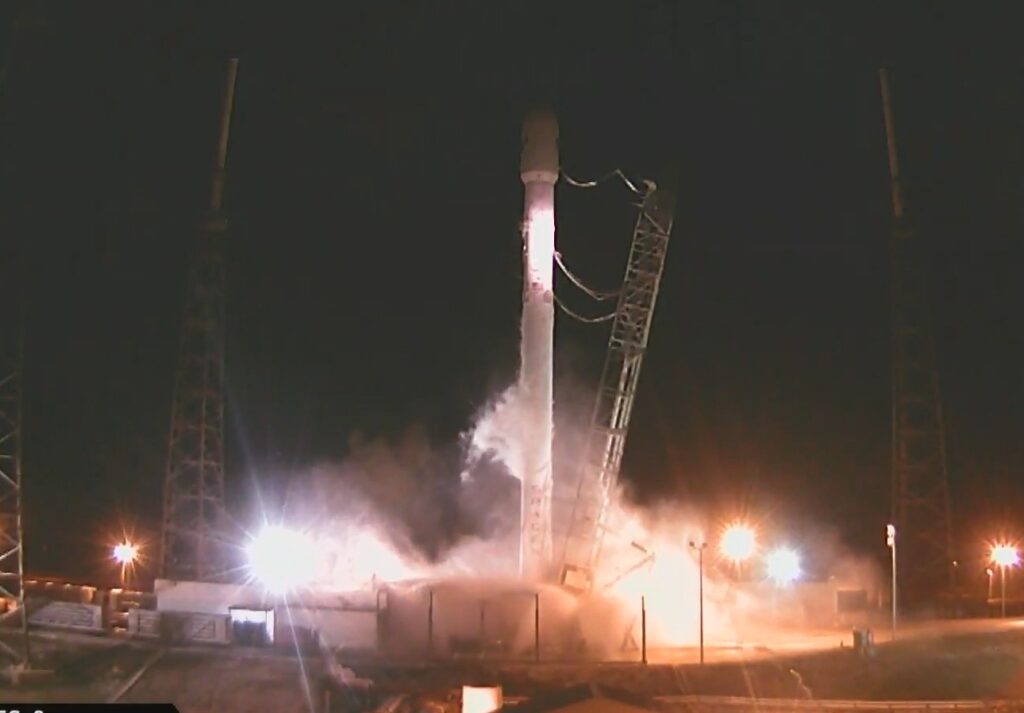AFSPC Study, Eye On China, Urges ‘Expansive’ New Strategy
Posted on
A new AFSPC study posits a possible future — named after ancient Chinese warlord Zhang He — where China dominates space even as human presence vastly expands to the Moon and beyond.
‘GEOINT Singularity:’ There’ll Be Nowhere For DoD To Hide EXCLUSIVE
Posted on
“[A]dversaries could track the movements of U.S. and allied military equipment, detecting patterns of training and operations; hyperspectral imaging can identify chemical compositions; short-wavelength infrared imaging can see through clouds; and SAR sensors can image at night. When determining risks to national security, one can define it as the risk of being seen or detected.”
US Missile Warning Sats Fair Game If No New START?
Posted on
US may face destabilizing Russian interference with NTMs “while demand for strategic intelligence on Russian strategic nuclear forces from space-based NTMs goes up significantly,” says Michael Gleason.
Space Force: What Is It Good For?
Posted on
Missing in the national security space conversation, says Aerospace Corporation’s Russ Rumbaugh, is how space operations can and should fit with diplomacy and foreign policy. Instead, he said, the debate is solely about “how do I win the war I see.”
Trump Surprises With SecAF Nomination Of Barbara Barrett
Posted on
Trump nominee for Air Force Secretary Barbara Barrett “is a force to be reckoned with and has the leadership, experience, and knowledge to lead our Air Force into the future during a time of increased global threats,” says Sen. Martha McSally.
DARPA Blackjack: Who’ll Get Prized Satellite Tech, Air Force Or SDA?
Posted on
Large networks of small, cheap satellites derived from commercial technology would be harder for China or Russia to kill than a handful of expensive, exquisite military-unique birds. But who gets to build it?
DARPA, Army & Team Platypus: Big Boosts For Artificial Intelligence
Posted on
The near-term payoff for military AI isn’t replacing human soldiers in the physical world, but empowering them to understand the world of radio waves. That’s an invisible battlefield which Russia’s powerful electronic warfare corps is poised to dominate in a future war, unless the US can catch up.
Army, NASA Want Laser Micro-Satellites For 50 Times The Bandwidth
Posted on
It was hard enough keeping the data flowing to the far mountains of Afghanistan, but at least the Taliban didn’t have the technology to attack the network. Russia and China, however, are investing heavily in capabilities to eavesdrop on or jam the radio transmissions and to blind or outright shoot down the satellites.
US Must Rethink Space Policy In Face Of Enormous Change
Posted on
WASHINGTON: In the vast swirling enterprise of global security space, the United States must come to terms with the tectonic shifts occurring as commercial companies come to dominate launch, the building of satellites and the sensors and software on which they depend, and figure out how to lead the way. That’s the conclusion of what… Keep reading →
Space Council Should Tackle Air Force Weather Sats: Rep. Babins
Posted on
CORRECTED: Raytheon Builds VIIRS WASHINGTON: The Trump Administration’s new Space Council should tackle the thorny interagency problem of how much the Air Force will do to provide weather data to the US government, says the chairman of the House subcommittee that deals with space policy. More than… Keep reading →










